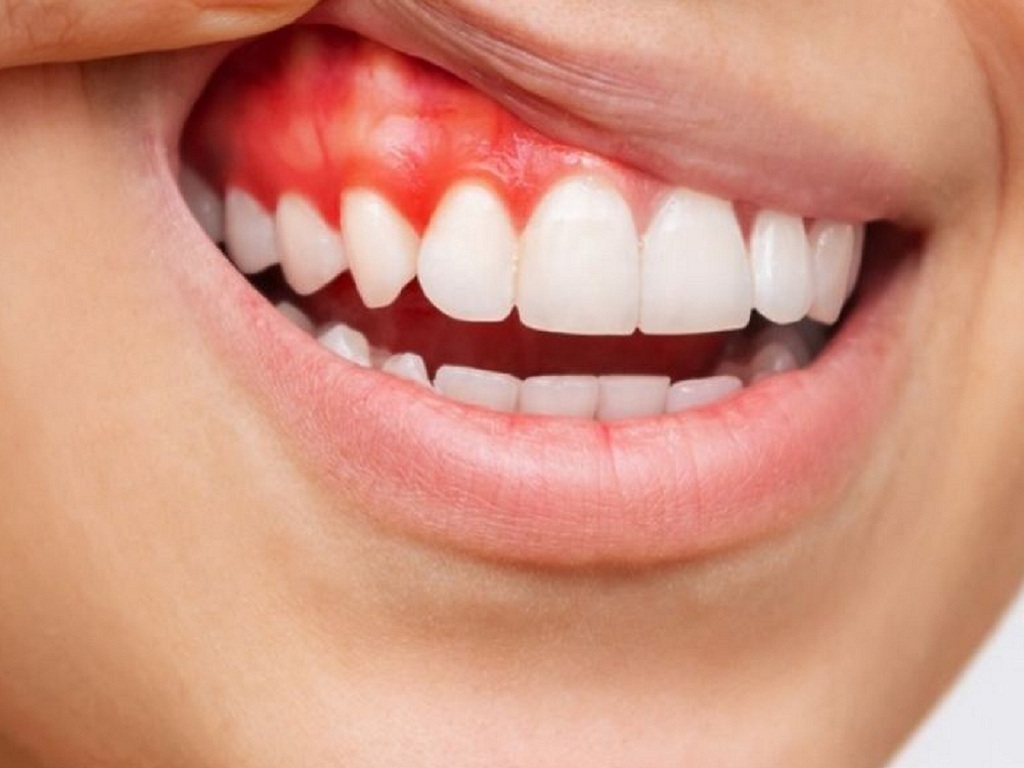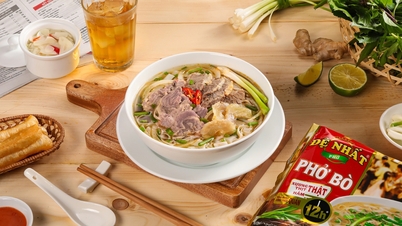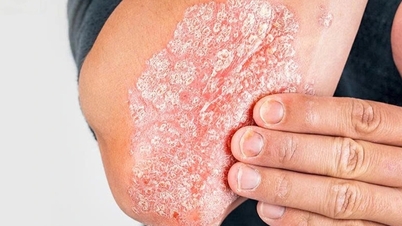Starting the day with health news, readers can also read more articles: 6 healthy foods to eat on an empty stomach; Why does cold weather easily cause toothache?; What kind of fever and cough should you go to the hospital for treatment?...
Expert: What is the best thing to eat before and after running?
What you eat before and after a run is also important. Eating too little or the wrong foods can leave you feeling tired during your workout. On the other hand, eating too much can cause bloating and discomfort.

What you eat before and after your run is also important.
So, you need to know the best foods to eat before and after running.
Here, experts share what and how to eat best for more energy and better running performance.
According to nutritionist Kacie Vavrek, who specializes in sports dietetics at the Ohio State University Wexner Medical Center (USA), the answer depends on the running time.
If you are running for an hour or more, you should have a light snack beforehand that suits your body. She advises experimenting to find out which snacks your body tolerates best. You should write down what you eat and how you feel while running to find the right one.
It’s best to have a snack that has enough lean protein and carbohydrates, says Kentucky-based nutritionist Elizabeth Ray. For example, some skinless grilled chicken and a few sweet potatoes. The next part of this article will be on the health page on December 12 .
6 Healthy Foods to Eat on an Empty Stomach
The first meal of the day is very important. The best way to start the day is to eat a healthy breakfast, which will keep you energized and satisfy your hunger for hours. This meal should be balanced, with enough fiber, protein, vitamins and healthy fats.
Here are the best foods and drinks to consume on an empty stomach:
1. A glass of warm lemon water with honey. Many people probably know that the best drink when waking up is a glass of warm lemon water with honey. The minerals, flavonoids, vitamins and enzymes in honey help maintain and clean the digestive system.

Breakfast should be balanced, including enough fiber, protein, vitamins and healthy fats.
2. Fruits. Fruits are packed with great health benefits, including fiber, phytochemicals, vitamins, and minerals. Eating fruit in the morning on an empty stomach can help you lose weight, boost your natural energy, and detoxify your system.
Fruits help in removing toxins and promote smooth bowel movements. It also helps in reducing bad cholesterol in the body.
3. Oatmeal. Oatmeal contains beta-glucan, a soluble fiber that helps feed beneficial bacteria in the gut and is an antioxidant that helps lower blood sugar and cholesterol levels.
Oats also help you feel full longer, thereby reducing cravings. The high soluble fiber content in oats aids digestion . Readers can read more about this article on the health page on December 12 .
Why does cold weather cause tooth sensitivity?
Teeth are one of the first parts to come into contact with food, and have the function of crushing them, so they play a very important role in the digestive system. However, teeth are sensitive to temperature, not only cold foods but also cold climates can cause tooth sensitivity.
When you bite into something very cold, such as ice cream, your teeth will feel sensitive. This sensitivity only lasts for a few minutes or a few hours.

Cold weather can cause microscopic cracks in tooth enamel and cause sensitivity.
Sensitive teeth are more common in women than men. The most common age for sensitive teeth is between 20 and 40 years old. Common causes of sensitive teeth include brushing too hard, tooth wear, grinding, or gum disease.
In fact, teeth are made up of many different parts. The outermost layer is enamel, which has the effect of resisting cold and hot temperatures from the outside. Thanks to the protective enamel layer, our teeth can chew, bite, and crush food without feeling pain or discomfort.
Tooth enamel is actually the hardest covering on the human body. However, over time, tooth enamel will wear away. This condition exposes the dentin. Dentin is the sensitive part of the tooth and is pale yellow in color. It also protects the tooth's root canal, which contains nerves and blood vessels. Start your day with health news to see more of this article!
Source link


![[Photo] Nhan Dan Newspaper displays and solicits comments on the Draft Documents of the 14th National Party Congress](https://vphoto.vietnam.vn/thumb/1200x675/vietnam/resource/IMAGE/2025/10/26/1761470328996_ndo_br_bao-long-171-8916-jpg.webp)
![[Photo] Enjoy the Liuyang Fireworks Festival in Hunan, China](https://vphoto.vietnam.vn/thumb/1200x675/vietnam/resource/IMAGE/2025/10/26/1761463428882_ndo_br_02-1-my-1-jpg.webp)

![[Photo] General Secretary To Lam received the delegation attending the international conference on Vietnam studies](https://vphoto.vietnam.vn/thumb/1200x675/vietnam/resource/IMAGE/2025/10/26/1761456527874_a1-bnd-5260-7947-jpg.webp)
































![[Photo] Prime Minister Pham Minh Chinh attends the opening of the 47th ASEAN Summit](https://vphoto.vietnam.vn/thumb/1200x675/vietnam/resource/IMAGE/2025/10/26/1761452925332_c2a-jpg.webp)







































































Comment (0)